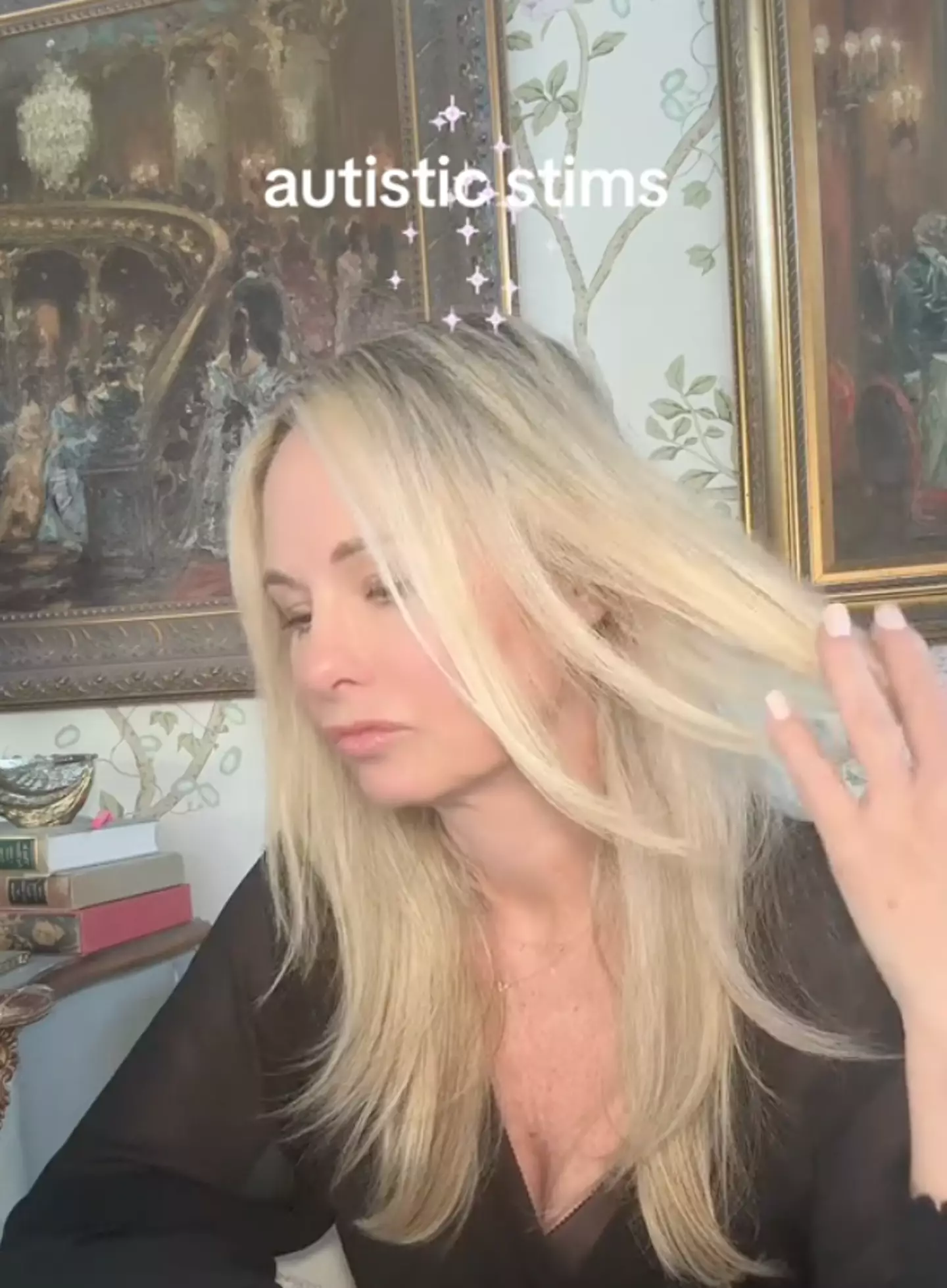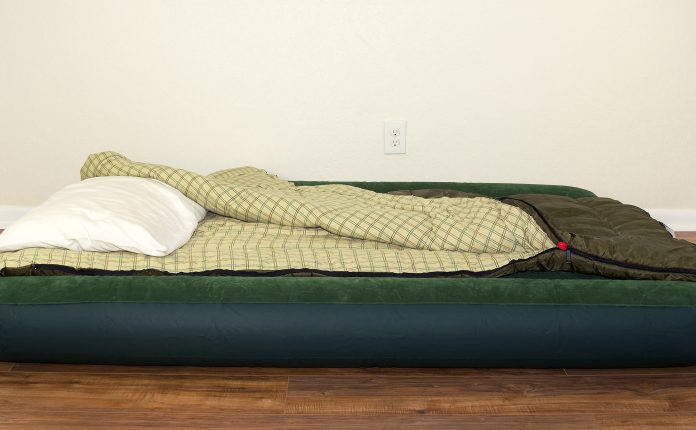
It’s 2024, and people are a lot more aware and open when it comes to mental health then in previous years, but it can still be hard to know whether or not you may be experiencing certain conditions or not.
A psychologist has subsequently taken to TikTok to share certain ‘stims’ people with autism may exhibit more so than others.
Psychologist Dr Kim Sage took to her TikTok to share some ‘autistic stims’ which are ‘quite common’.
Stims refers to stimming which, as per Healthline, ‘refers to the natural behavior of self-stimulation’.
It’s website continues: “It may include nail biting, drumming your fingers on a surface, or full body movements like rocking or swaying.”
Healthline notes ‘everybody stims in some way’, however, some people’s stimming is more noticeable than others.
And while stimming is not always related to autism, in some people with autism, it can become ‘out of control and cause problems,’ and so it is subsequently ‘part of the diagnostic criteria for autism’.
But what are some common stims?

A psychologist has opened up about ‘quite common’ ‘stims’ in people with autism (TikTok/ @drkimsage)
Stimming sometimes common in those with autism
In her video shared earlier this year, Dr Sage reveals ‘hair twirling’ or ‘playing with hair’ can be a stim exhibited by those with autism – although she notes, ‘most everyone stims and doing these does not make you autistic’.
Others include playing with jewelry, twirling or rubbing a blanket, playing with or clicking pen caps, biting your nails or picking at the skin at the sides, making sounds with your mouth or tapping your nails together.
More widely, ‘repeating dances, songs, lyrics, trending sounds/ videos,’ can also be a stim associated with autism too.
Healthline is quick to note stimming ‘isn’t necessarily a bad thing that needs to be stifled’ and is just something to keep an eye on.
But when should you address it and go to a healthcare professional?
When stimming should be professionally addressed
Healthline says it’s good to address stimming if it ‘interferes with quality of life’ or becomes ‘disruptive to others’.
It explains: “Almost everyone engages in some form of self-stimulating behavior. You might bite your nails or twirl your hair around your fingers when you’re bored, nervous, or need to relieve tension. Stimming can become such a habit that you’re not even aware you’re doing it. For most people, it’s a harmless behavior. You recognize when and where it’s inappropriate.
“For example, if you’ve been drumming your fingers on your desk for 20 minutes, you take social cues that you’re irritating others and choose to stop.”
In people with autism, stimming ‘might be more obvious’ in how it presents itself, whether this is ‘full-body rocking back and forth, twirling or flapping the hands’, however, it’s important to note there is a spectrum and one person’s symptoms will differ from others.
Although, Healthline notes stimming ‘can go on for long periods’ in people with more pronounced autism and ‘often, the individual has less social awareness that the behavior might be disruptive to others’.
Even in those with autism, it’s not ‘always cause for concern,’ but if it ‘interferes with learning, results in social exclusion, or is destructive,’ it’s definitely something to seek professional advice and support for.


